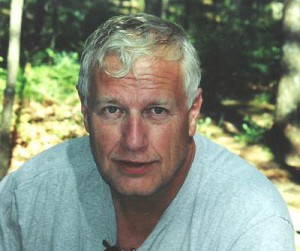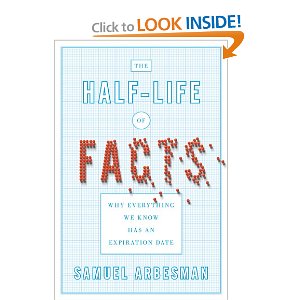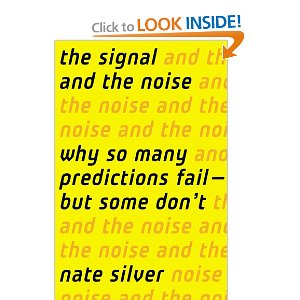
Study Explodes the Myth of Internet-Based Information Overload
The key differentiator between those who feel overwhelmened by the volume of information available today and those who feel empowered and enthusiastic appears to be….know-how. –Howard
From socialmediatoday.com – September 18, 12:41 PM
“But now, there’s proof that all this worry about information overload, message meltdown and attention crash is overinflated hyperventilating. A study out of Northwestern University finds that “very few Americans feel bogged down or overwhelmed by the volume of news and information at their fingertips and on their screens.”
Published in the journal The Information Society, the findings were based on seven focus groups with 77 participants from around the country. According to study author Eszter Hargittai, associate professor of communication studies, “We found that the high volume of information available these days seems to make most people feel empowered and enthusiastic. People are able to get their news and information from a diverse set of sources and they seem to like having those options.””







